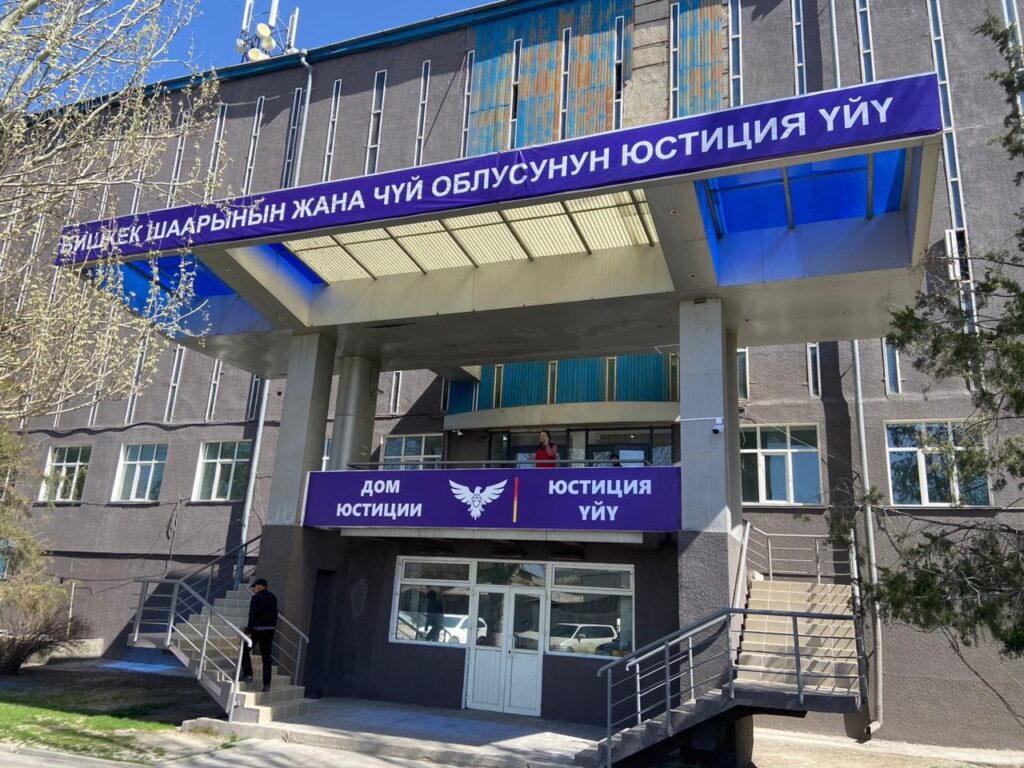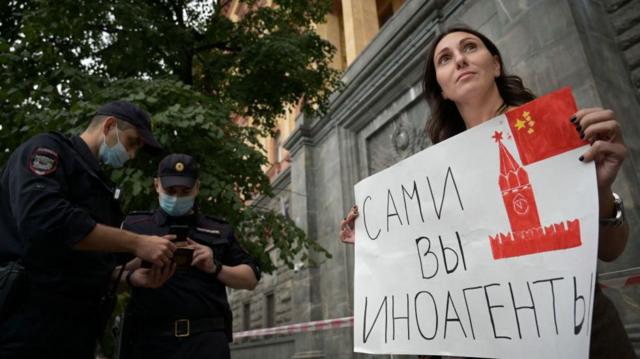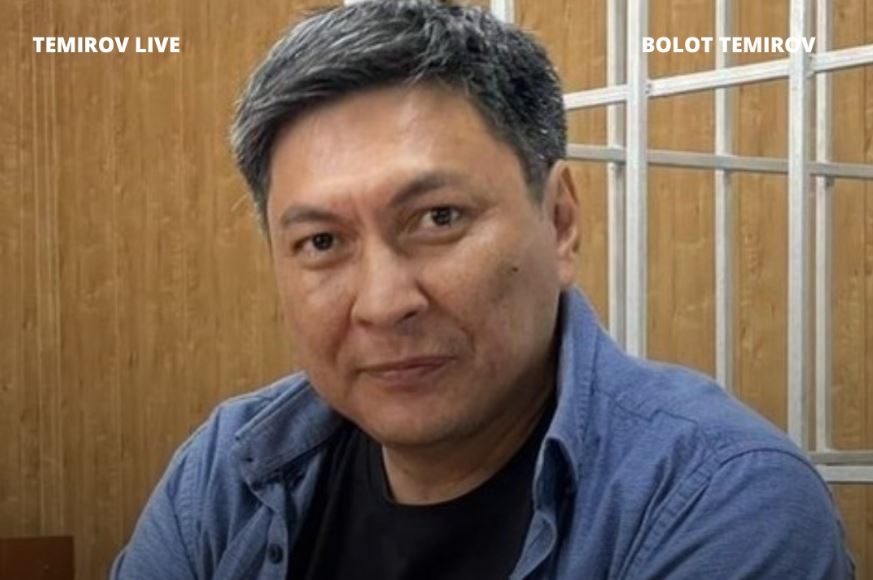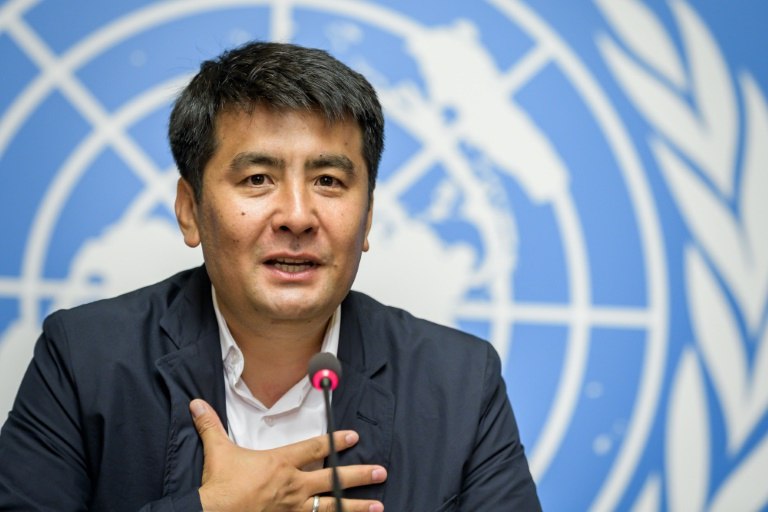USAID Pullback in Kazakhstan Creates Space for China and Raises Security Concerns – Expert
President Trump’s executive order restricting the United States Agency for International Development (USAID) globally has led to a reduction in Western-funded projects in Kazakhstan. USAID previously funded initiatives in humanitarian aid, media, blogging, and non-governmental organizations (NGOs). As a result of the new U.S. administration's actions, experts suggest that China is expanding its influence. Gulmira Ileuova, head of the Strategy Foundation and a member of the advisory public organization, the National Kurultai, told TCA that the Kazakh government had already taken measures to limit foreign financial influence. "Kazakhstan was among the first post-Soviet countries to regulate foreign funding, requiring grant providers to be registered. Most of these organizations, including Soros-Kazakhstan and the Rosa Luxemburg Foundation, operate within legal frameworks," she stated. Ileuova noted that German political foundations maintain a presence in Kazakhstan, while French grant-making organizations are largely absent. Beyond civil society projects, USAID also funded state-involved initiatives in education, healthcare, and energy. According to Ileuova, the withdrawal of USAID could lead to a shortfall in funding for NGOs, though state-backed projects are unlikely to be significantly affected. China’s Expanding Role Ileuova believes that China’s influence in Kazakhstan is growing faster than Russia’s, as Beijing has moved beyond economic partnerships to broader engagement." Russia relies on language and media ties to sustain its influence, while China is actively reshaping its approach," she said. Ileuova highlighted China’s soft power initiatives, including the Community of a Common Destiny for Mankind, which promotes cooperation and mutual development among nations. She also pointed to growing cultural and educational exchanges, suggesting that China’s approach mirrors past Western strategies of funding local partnerships and academic institutions. While China does not emphasize democracy or human rights in its outreach, its economic initiatives prioritize infrastructure development and poverty alleviation, often accompanied by media campaigns highlighting the benefits of Chinese investment. In recent years, Kazakhstan and China have strengthened cultural and educational ties. In August 2024, Kazakh President Kassym-Jomart Tokayev and Chinese President Xi Jinping inaugurated Chinese cultural centers in Astana and Beijing via video link. The Beijing Language and Culture University also opened a branch in Astana, marking the first Chinese university in Central Asia. Additionally, in February 2025, China’s Consul General in Almaty, Jiang Wei, attended the opening of the Belt and Road scientific and educational center in Almaty. Religious Extremism and Security Considerations Ileuova also stated that the withdrawal of USAID and Western funds is unlikely to directly impact radical religious groups, as Western organizations primarily engage with urban, educated populations rather than communities at risk of radicalization. In a recent interview, Kazakhstan’s Ambassador to Russia, Dauren Abayev, said that there is no immediate security risk from the return of Kazakh nationals who fought in Syria. According to official estimates, more than 30 Kazakhs remain in militant groups in Syria. From 2019 to 2021, the government carried out the Zhusan humanitarian operation, repatriating 600 individuals, including 413 children. Most male returnees were prosecuted and sentenced in Kazakhstan. Kazakhstan continues to monitor and prosecute individuals linked to...






